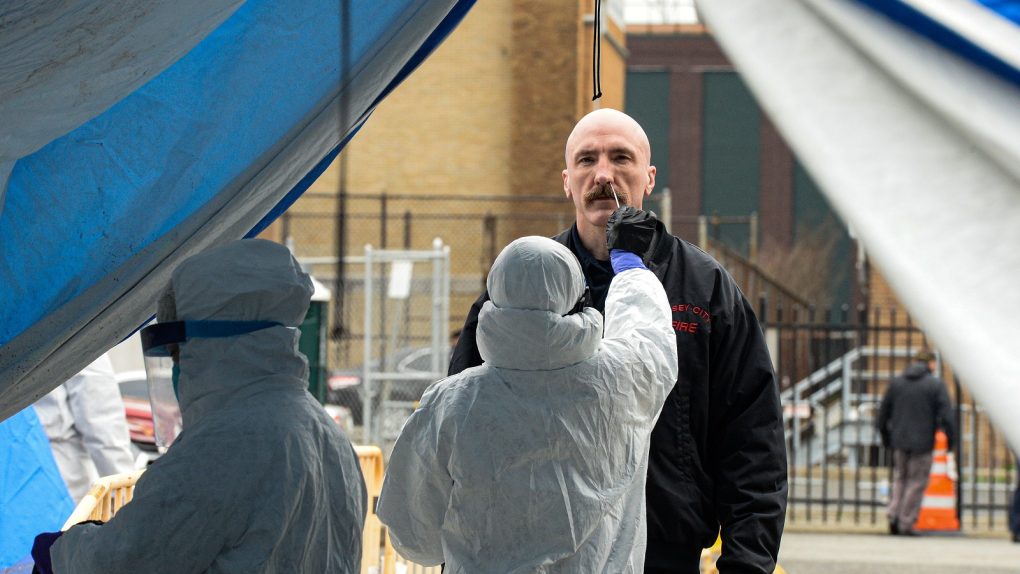Of all the coronavirus vaccine candidates that cleared clinical trials with proven efficacy and safety records, the Johnson & Johnson drug is the only one that uses a single-dose regimen. The Pfizer/BioNTech, Moderna, and AstraZeneca/Oxford vaccines, currently in use in various countries, require two doses three or four weeks apart. The Novavax drug, which is yet to receive emergency use authorization, also uses a two-dose regimen.
After nearly two months of COVID-19 vaccinations, researchers have released various studies that prove the efficacy of the vaccines in real-world conditions. The drugs all prevented severe illness, hospitalizations, and deaths. Studies have also shown that a single vaccine dose is enough to provide some protection after about two weeks following the first injection. Others show that COVID-19 survivors develop the same immune response after a single dose of vaccine as people who were never infected and received both doses. These indicate the current vaccination protocols warrant revisiting to increase coverage. Canada is already advising a major coronavirus vaccine change to allow more of its citizens to get immunized.
The UK broke all of its COVID-19 records in early January, a few weeks after the coronavirus vaccinations had started. Health officials in the country came up with a new protocol to ensure the limited vaccine supply would be used to cover as many people as possible. The UK consumed the allotted doses for the first inoculations without saving stock for the second dose. Officials said that the second dose could be administered up to 12 weeks after the first one. If necessary, vaccines can be mixed and matched.
Canada’s vaccine panel now recommends four months between vaccine doses, matching the UK policy. This new COVID-19 vaccination protocol will allow health officials to inoculate more people, as Canada also faces a shortage of doses. Some provinces have confirmed they will implement the new recommendations, AP reports.
Prime Minister Justin Trudeau expressed optimism that timelines could be sped up. Health Canada said that emerging evidence shows high effectiveness for several weeks after the first dose. But not everyone agrees with the new policy, as two top health officials called the move an experiment.
The National Advisory Committee on Immunization said that extending the interval to four months would allow as many as 80% of Canadians over the age of 16 to receive the first dose by the end of June. The second doses would be administered starting in July, as more supply arrives. The recommendations are subject to change, depending on the pandemic’s evolution and the effectiveness of the first doses.
“The vaccine effectiveness of the first dose will be monitored closely, and the decision to delay the second dose will be continuously assessed based on surveillance and effectiveness data and post-implementation study designs,” the panel wrote. “Effectiveness against variants of concern will also be monitored closely, and recommendations may need to be revised.”
Under the current protocol, only 38% of the country’s population would have received both doses by the end of June. Canada is currently using the Pfizer and Moderna drugs, with the Oxford drug to be made available soon.
The vaccines are effective against the UK mutation, studies from Israel and the UK have shown. The Brazilian and South African mutation can reduce the effectiveness of vaccines, however. The virus continues to mutate, and there’s always the risk that future strains might completely evade antibodies. Pfizer and Moderna are already developing vaccine versions that could more effectively address strains like the South African variant.
Dr. Anthony Fauci said earlier this week that delaying the second dose would not make sense in the US. He explained that the protocol change might be risky, as Americans might be at risk of contracting variants like the South African mutation. A full vaccination course would provide better protection.








